The recreation of the human brain is giving clues to essentially how we engineer a super brain someday 😀.
Nobody’s quite sure what it means yet. But we’re sure that it’s important.
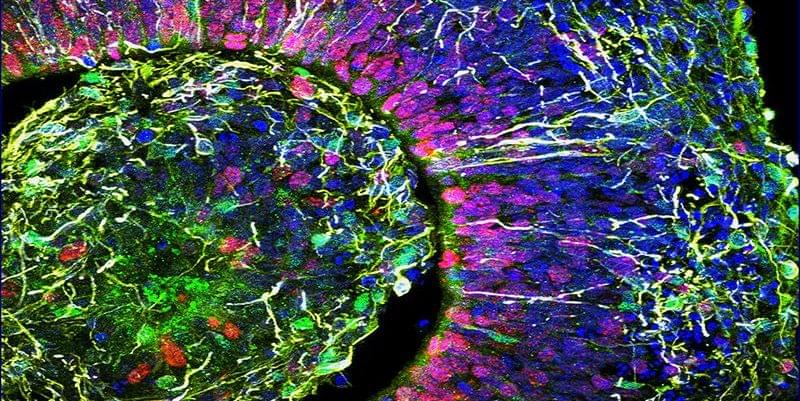
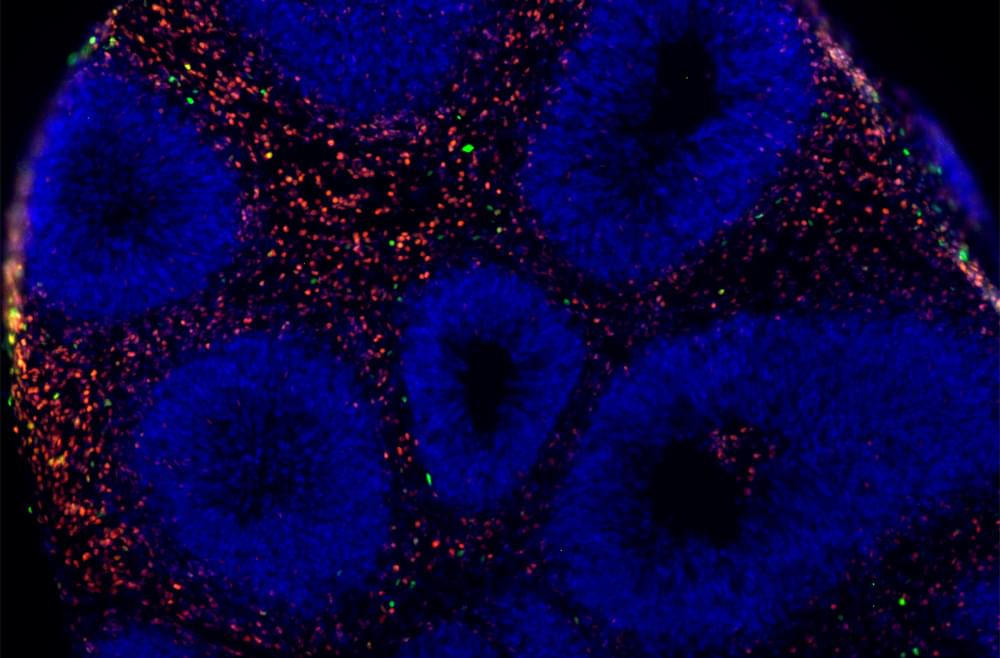
This is leading to even better brain engineering 👏 🙌 👌 😀 😄.
Computer-augmented brains, cures to blindness, and rebuilding the brain after injury all sound like science fiction. Today, these disruptive technologies aren’t just for Netflix, “Terminator,” and comic book fodder — in recent years, these advances are closer to reality than some might realize, and they have the ability to revolutionize neurological care.
Neurologic disease is now the world’s leading cause of disability, and upwards of 11 million people have some form of permanent neurological problem from traumatic brain injuries and stroke. For example, if a traumatic brain injury has damaged the motor cortex — the region of the brain involved in voluntary movements — patients could become paralyzed, without hope of regaining full function. Or some stroke patients can suffer from aphasia, the inability to speak or understand language, due to damage to the brain regions that control speech and language comprehension.
Thanks to recent advances, sometimes lasting neurologic disease can be prevented. For example, if a stroke patient is seen quickly enough, life-threatening or-altering damage can be avoided, but it’s not always possible. Current treatments to most neurologic disease are fairly limited, as most therapies, including medications, aim to improve symptoms but can’t completely recover lost brain function.
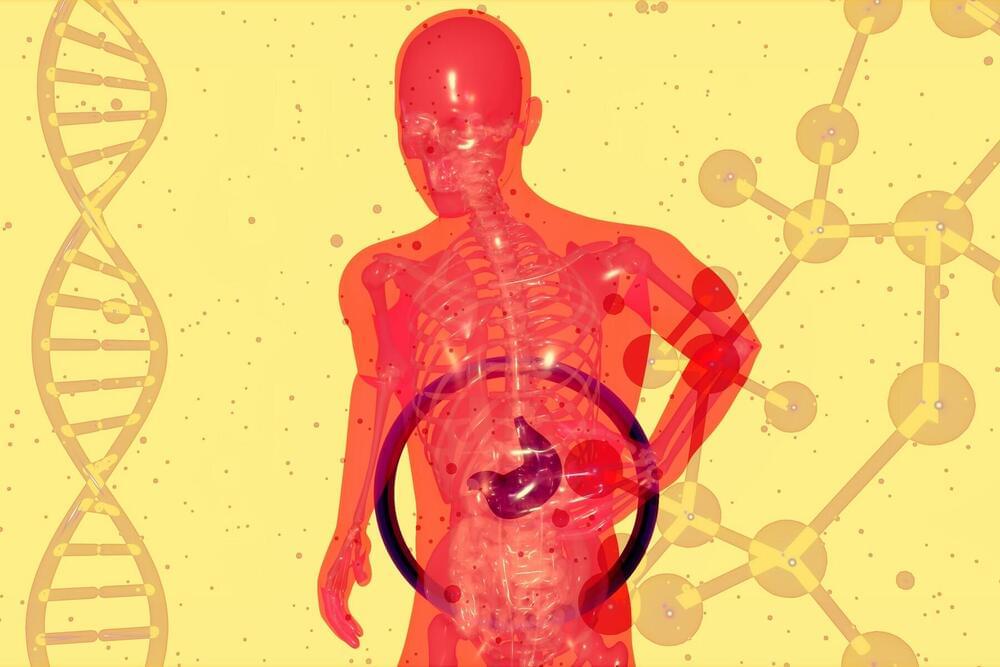
Could changing your diet play a role in slowing or even preventing the development of dementia? We’re one step closer to finding out, thanks to a new UNLV study that bolsters the long-suspected link between gut health and Alzheimer’s disease.
The analysis — led by a team of researchers with the Nevada Institute of Personalized Medicine (NIPM) at UNLV and published this spring in the Nature journal Scientific Reports — examined data from dozens of past studies into the belly-brain connection. The results? There’s a strong link between particular kinds of gut bacteria and Alzheimer’s disease.
UNLV study pinpoints 10 bacterial groups associated with Alzheimer’s disease, provides new insights into the relationship between gut makeup and dementia.
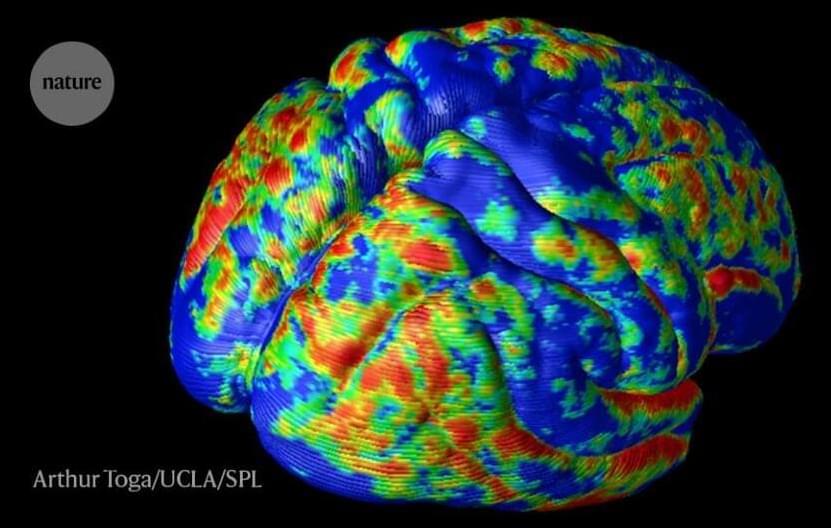
The study’s authors compared the influence of two components of the brain’s physical structure: the outer folds of the cerebral cortex — the area where most higher-level brain activity occurs — and the connectome, the web of nerves that links distinct regions of the cerebral cortex. The team found that the shape of the outer surface was a better predictor of brainwave data than was the connectome, contrary to the paradigm that the connectome has the dominant role in driving brain activity. “We use concepts from physics and engineering to study how anatomy determines function,” says study co-author James Pang, a physicist at Monash University in Melbourne, Australia.
A model of the brain’s geometry better explains neuronal activity than a model based on the ‘connectome’.

Opting for olive oil could reduce your risk of fatal dementia, according to a new study.
Participants who included half a tablespoon of olive oil in their daily diet were 28% less likely to die of dementia.
The study authors found that replacing a single teaspoon of margarine or mayonnaise with olive oil reduced the risk of fatal dementia by 8–14%.
Researchers have observed an association between daily consumption of olive oil — instead of margarine or mayonnaise — and a reduced risk of dying from dementia.
According to the World Health Organization (WHO)Trusted Source, there are over 55 million people living with dementia globally. There are an estimated 10 million new cases yearly, and dementia is also the seventh leading cause of death among older adults.
New research shows that a half tablespoon of olive oil per day may be beneficial for brain health. The study found that replacing a single teaspoon of margarine or mayonnaise with olive oil reduced the risk of fatal dementia by 8–14%.

Mothers who eat apples and herbs in early pregnancy could be protecting the brain health of their children and grandchildren, a Monash University study using genetic models has found.
The discovery is part of a project that found a mother’s diet can affect not just her child’s brain but also those of her grandchildren.
Published in Nature CellBiology, the Monash Biomedicine Discovery Institute study found that certain foods could help protect against the deterioration of brain function.
More specifically, the study used roundworms (Caenorhabditis elegans) as the genetic model because many of their genes are also found conserved in humans, allowing insights into human cells.
The researchers… More.
Apples and herbs in early pregnancy could protect your child and grandchild’s brain health, a study has found.
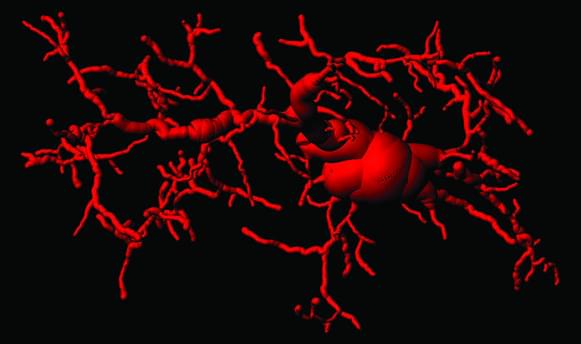
Low-grade inflammation contributes to age-related decline and impairment, but the precise pathways responsible for this inflammation and their impact on natural aging have until now remained elusive.
A study headed by researchers at the Swiss Federal Institute of Technology Lausanne (EPFL) has now shown that a molecular signaling pathway known as cGAS/STING plays a critical role in driving chronic inflammation and functional decline during aging. Andrea Ablasser, PhD, and colleagues found that blocking the STING protein suppressed inflammatory responses in human senescent cells and tissues, and reduced aging-related inflammation in multiple peripheral organs and in the brain in mice.
The researchers in addition studied the effects of blocking the STING protein in aged mice. As expected by its central role in driving inflammation, inhibiting STING alleviated markers of inflammation both in the periphery and in the brain. “Notably, various aging-related immune signature genes were significantly attenuated as a result of STING inhibition,” they stated. And importantly, animals receiving STING inhibitors displayed significant enhancements in spatial and associative memory, as well as improved muscle strength and physical endurance.
“Consistently, STING inhibition by H-151, a brain permeable compound, reduced the levels of immune-related signature genes in the brains of aged mice,” the scientists pointed out. “Together, these results establish STING as an important driver of aging-associated inflammation, both in the periphery and the CNS, promoting frailty and cognitive decline.”
The study advances our understanding of aging-related inflammation and also offers potential strategies for slowing cognitive deterioration in age-associated neurodegenerative conditions. The precise elucidation of the neuroimmune crosstalk governing microglial-dependent neurotoxicity also holds promise for the future study of neurodegenerative diseases. The team concluded, “Together with previous studies in models of Alzheimer’s disease, Parkinson’s disease, amyotrophic lateral sclerosis and frontotemporal dementia, and Nieman–Pick’s disease, our study reveals notable convergence on cGAS–STING signaling in chronic neurodegenerative conditions … Our findings establish the cGAS–STING pathway as a driver of aging-related inflammation in peripheral organs and the brain, and reveal blockade of cGAS–STING signaling as a potential strategy to halt neurodegenerative processes during old age.”

New research on mice has shed light on how high blood pressure causes changes to arteries in the brain, a process that leads to vascular dementia. The research, led by University of Manchester scientists, funded by the British Heart Foundation and published today in the journal Proceedings of the National Academy of Sciences, [1] has uncovered a route to developing the first ever drug treatments for vascular dementia that directly target a cause of the condition.
High blood pressure is the main cause of vascular dementia, a condition characterised by poor blood flow to the brain. The reduced blood supply starves brain cells of nutrients and over time they become damaged and die. Symptoms of vascular dementia include loss of energy, lack of concentration and poor memory.
It’s normal for the brain’s arteries to narrow and widen in response to changes in blood pressure. However, consistently high blood pressure causes arteries to stay narrow and restrict the brain’s blood supply. Until now, it was not known why.
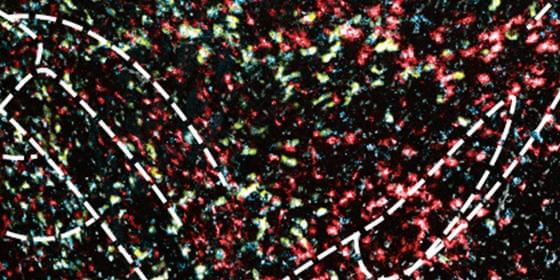
Researchers have identified two ion channel switches that regulate the release of dopamine in the brain, a first step that might one day lead to therapeutics for a wide range of diseases and disorders that currently have few solutions.
The switches help regulate learning and motivational state in mice. Humans also have hundreds of these channels, which govern many chemical and hormonal processes that influence behavior and mood. The University of Washington School of Medicine research team hopes to identify drugs to target these channels. Those drug candidates could then be tested in clinical trials.
“The ability to precisely manipulate how dopamine-producing neurons of the brain regulate different behaviors is a major step toward developing better therapies for a range of mental illnesses,” said Larry Zweifel, professor of psychiatry & behavioral sciences at the UW School of Medicine.
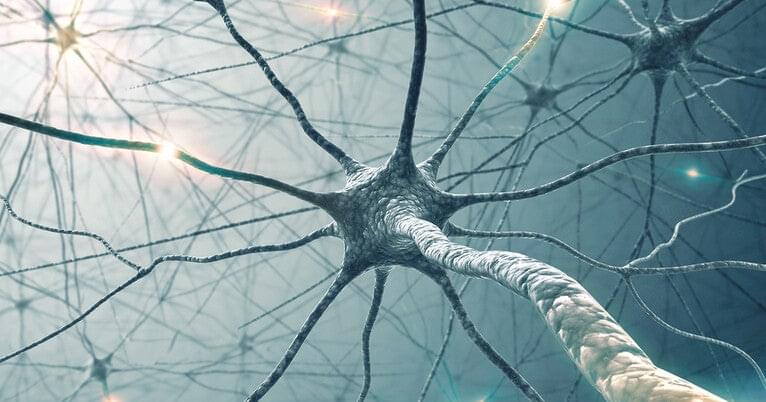
The findings were published Aug. 10 in the journal Nature Neuroscience.
“It’s amazing that children with the same symptoms end up with two distinct forms of altered neural networks,” said Dr. Flora Vaccarino, the Harris Professor in the Child Study Center at Yale School of Medicine and co-senior author of the paper.
Two distinct neurodevelopmental abnormalities that arise just weeks after the start of brain development have been associated with the emergence of autism spectrum disorder, according to a new Yale-led study in which researchers developed brain organoids from the stem cells of boys diagnosed with the disorder.
And, researchers say, the specific abnormalities seem to be dictated by the size of the child’s brain, a finding that could help doctors and researchers to diagnosis and treat autism in the future.